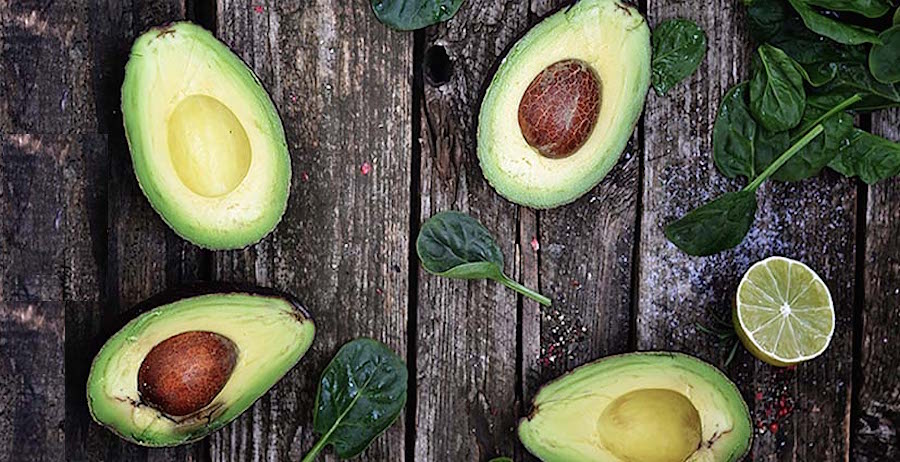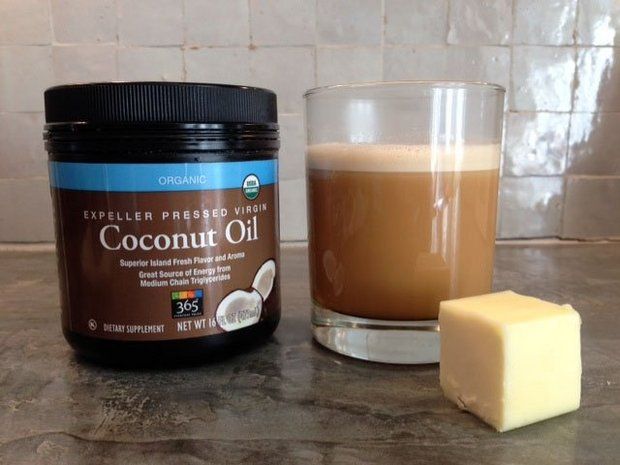Easter is right around the corner, which means pastel blue, pink, and yellow eggs are showcasing in storefronts all around us. While we do recommend to limit the amount of chocolate eggs you enjoy, we've decided to use this holiday as an opportunity to shed some light on the health benefits of our favorite household staple, the egg.
Do eggs raise cholesterol? How many eggs are too many? Are egg whites better than whole eggs? Are the brown ones healthier than the white ones? We get these questions all of the time, so we decided to give you the 411:
- Eggs are a source of total nutrition. 1 egg is about 70 calories and offers 6 grams of protein
- Every single B vitamin is found in eggs
- Eggs contain every amino acid, making it a complete, high quality protein source
- Eggs are one of the few good food sources of vitamin D
- Egg yolks are high in choline (1 egg provides about 35% of daily need), which is important for maintaining energy levels and a healthy metabolism. Choline is especially important during pregnancy as it contributes to brain and memory development
- Egg whites contain a protein called avidin which binds to biotin making it absorbable in the body. Biotin helps the body convert fat into usable energy and is also linked with improving hair and nail strength.
Eggs became controversial when research from the 1980's revealed that egg yolks raised LDL and total cholesterol. More recent research, however, did not find any positive correlation between egg yolk consumption and cholesterol. Researchers found the the ratio of fats (omega 6: omega 3) in the diet had a much larger role in cholesterol levels than the amount of cholesterol consumed. The research is still mixed, but if you do have high cholesterol, we recommend limiting egg yolk consumption to 5-6 per week to be safe.
Eggs are a dieter's best friend. One study compared a group of dieters who had an egg-based breakfast to dieters who consumed a starch based breakfast and those who had no breakfast. At the end of the trial, the dieters with an eggy breakfast lost the most weight and body fat overall. Who's having an omelet tomorrow morning??
Time to get crackin! If making eggs at home, we recommend either using 2 whole eggs, or 1 whole egg and 2 egg whites in an omelet or scramble. This way, you get the benefits of the egg yolk but reduce the calories and fat content. Don't be afraid to ask for this next time you're out for brunch! As far as brown vs white, we don't discriminate. This may be surprising, but the color of the egg depends on the color of the chicken. Unlike the case with breads and grains, brown doesn't mean healthier! We choose organic, cage-free eggs. If from a local farm, even better. How to incorporate eggs in your day? Easy.
- Pack 2 hardboiled eggs as a protein-packed afternoon snack, or as the protein for your salad
- Try our omelet muffins, the perfect on-the-go breakfast or snack.
- Add a fried egg to your next veggie stir-fry or cauliflower fried "rice"
- Make an omelet or scramble with 1 egg, 2 egg whites, assortment of veggies, few slices of avocado, and fresh herbs and spices.
- Add a fried egg to your avo toast
Have an eggsellent day! (Had to)









